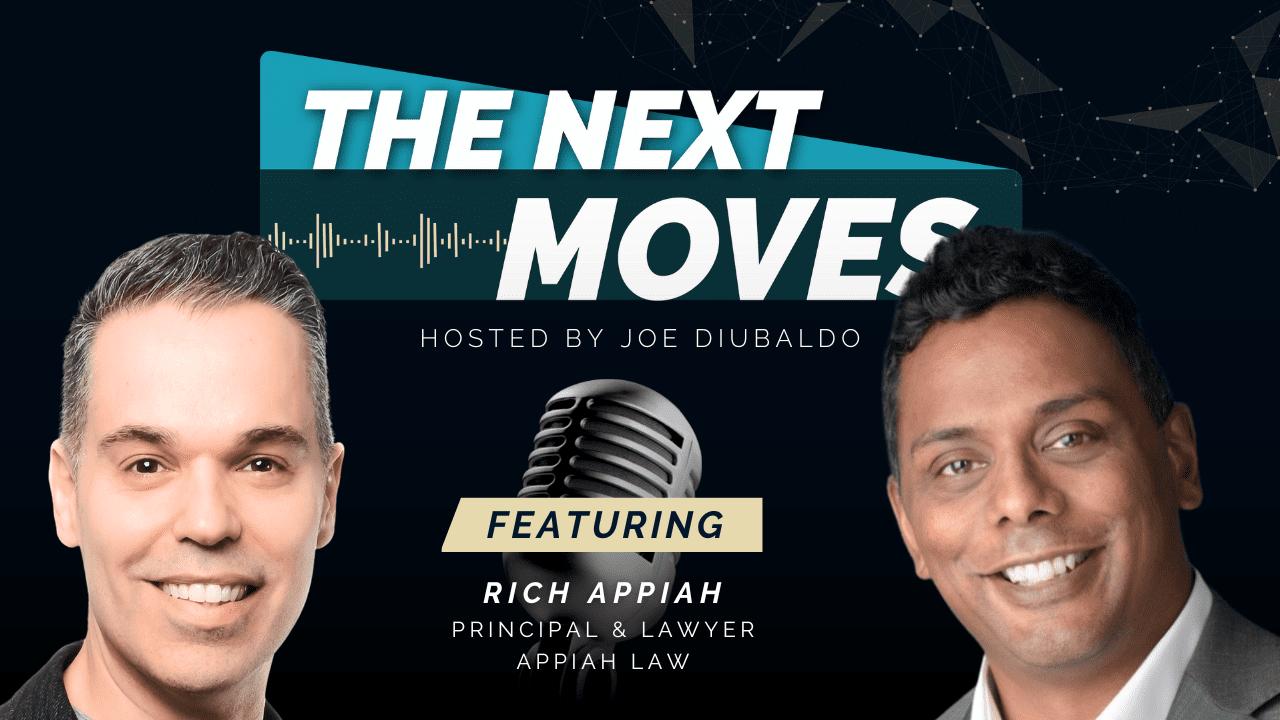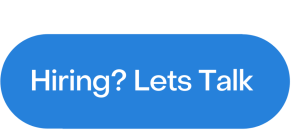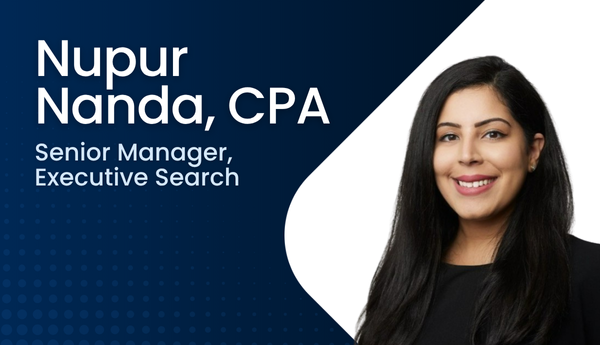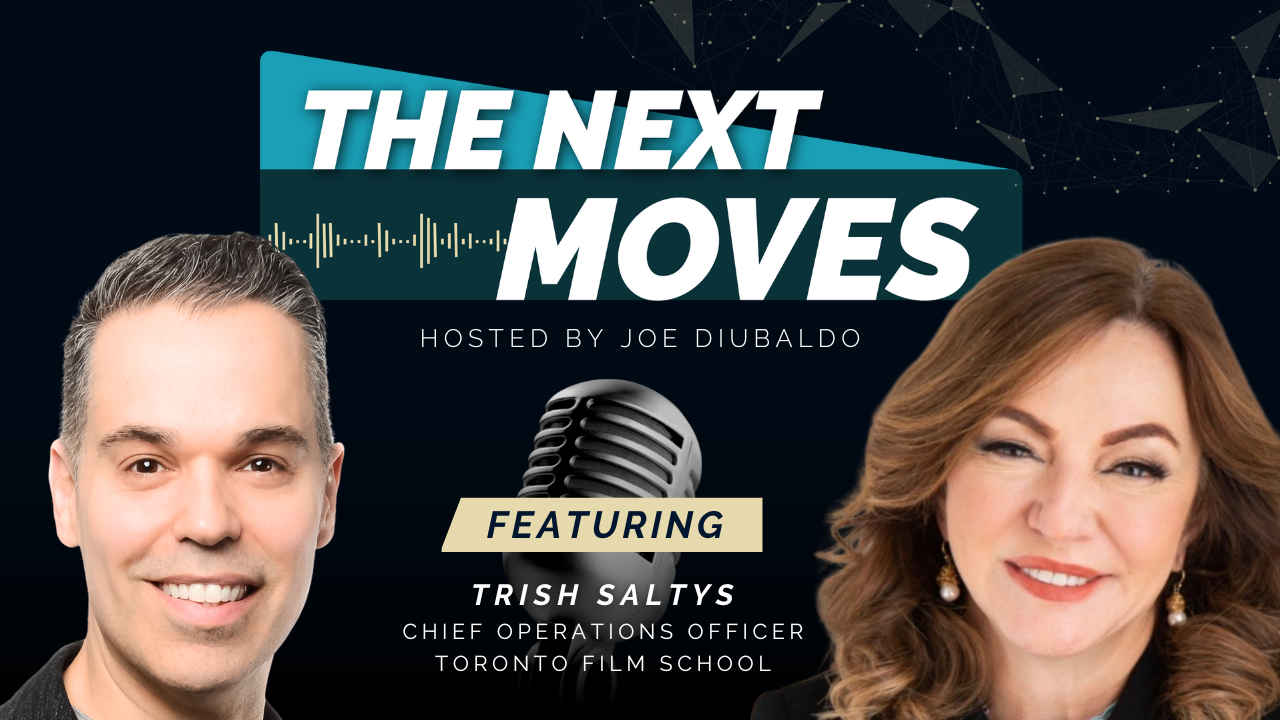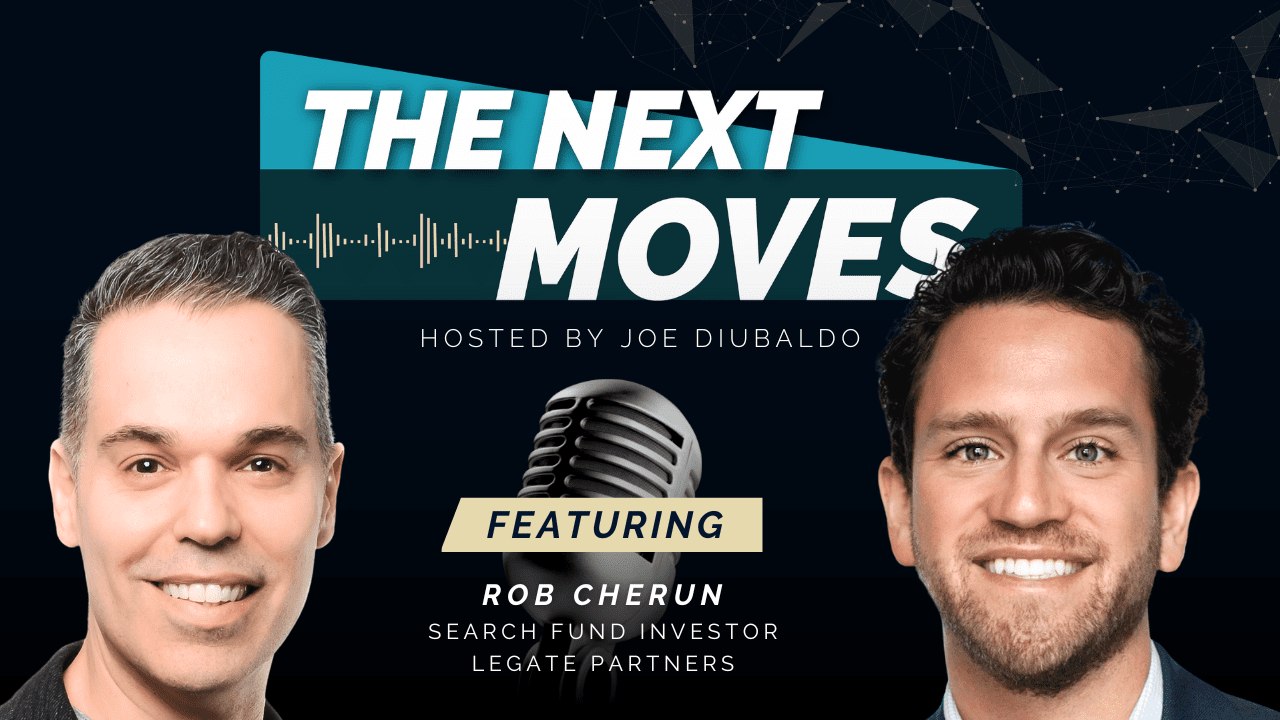Prefer to listen? Check out the podcast:
Rich Appiah’s career exemplifies the power of passion and purpose in building a meaningful and impactful professional journey. As the founder of Appiah Employment Law, Rich has become a trusted advisor in the realm of workplace law, championing fairness, justice, and equity for individuals and organizations alike. His path, marked by significant career moves and a steadfast dedication to advocacy, offers a compelling story of resilience, leadership, and growth.
When Rich Appiah was growing up in Hamilton, the lessons of hard work and resilience were all around him. But as a young Black man in a predominantly white town, Rich’s journey was shaped by more than just his environment. It was the teachers who pushed him to lead, the risks he took on himself, and the realization that identity and work are deeply intertwined.
Fast forward to today, and Rich is no stranger to crossroads—both his own and those of his clients. As a renowned employment lawyer, he helps individuals and businesses navigate some of the most emotionally charged decisions in their lives. Layoffs, restructurings, wrongful terminations—these aren’t just legal matters; they’re deeply human stories.
In this episode of The Next Moves, host Joe Diubaldo, President & CEO at Clarity Recruitment, dives deep into Rich’s world. The conversation is not just about the law; it’s about the invisible threads that connect people to their jobs, their colleagues, and their sense of self-worth.
According to Rich Appiah, one of the biggest challenges businesses face during a restructuring is balancing transparency with empathy. “Employees want to know, is my employer being fair to me?” he explains. But fairness isn’t always simple. Companies struggle with how much to reveal, fearing that too much honesty could lead to panic or mass resignations.
The irony, Rich notes, is that most employers genuinely want to do the right thing—they just don’t always know how. Whether it’s failing to communicate clearly or neglecting to address small grievances that later snowball, many businesses unintentionally alienate their workforce during critical moments.
One story Rich recounts involves a mass layoff of 60 employees. The company succeeded not because they had endless resources but because they approached the process with a structured plan, equitable severance packages, and open communication. “When employees feel they’ve been treated fairly, even in tough situations, it changes everything,” Rich says.
On the flip side, Rich sheds light on the emotional turmoil employees face when they lose their jobs. For some, it’s financial insecurity; for others, it’s the loss of identity tied to their role. Rich describes working with a long-tenured employee who couldn’t understand why they were let go despite decades of loyalty and stellar performance. “Part of my job,” Rich says, “is helping people understand that being let go doesn’t mean they’ve failed. It’s a hard truth, but employers don’t need a reason tied to performance—they just need to restructure.”
He also talks about employees who come to him devastated, angry, or even relieved to finally leave a job they’d outgrown. Regardless of the emotion, Rich’s role is to ground them, providing a clear-eyed view of their options within the justice system.
As the conversation unfolds, Rich shares a candid moment about his own journey. Leaving a secure position at a law firm to start his own practice wasn’t easy. There were moments of doubt and fear, but one mantra guided him: Always bet on yourself.
Now, as a business owner himself, Rich admits that the hardest part of his job isn’t the law—it’s managing people. “I used to critique leadership decisions at my old firm,” he laughs, “but now I realize how complex it is to balance everyone’s needs and expectations.”
Key Takeaways for Businesses and Employees
- For businesses: Invest in clear employment contracts, listen to employee grievances, and communicate transparently during restructurings. A structured approach to severance can save companies from long-term headaches.
- For employees: Understand that fairness is defined by legal frameworks, not emotions. While the process may feel personal, it’s essential to focus on achievable outcomes.
Rich Appiah’s insights go beyond employment law. They delve into what it means to be human in the workplace—our hopes, fears, and the connections we build. Whether you’re an employer facing tough decisions or an employee at a crossroads, this episode of The Next Moves offers wisdom that cuts through the noise and gets to the heart of work.
Clarity has worked with people like Rich Appiah and numerous C-level executives throughout their hiring and career journeys. If you’re trying to find the high-performing talent you need to build your finance and accounting teams, we’re ready to help!

